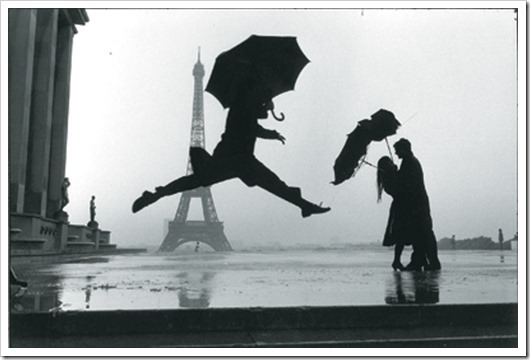A postscript. In which there are words, after all.
It turns out I do have some words, after all.
Every day, because I live in a liberal democracy, I take freedom of expression for granted. I may write whatever I wish, without fear of the secret police knocking down the door, or the state censoring me, or a theocratic power stoning me to death. Every day, I may throw the language of Shakespeare and Milton up into the air and watch it fall.
Today’s outrage in Paris strikes a chord for many reasons, but one of the most jarring is that it is so dissonant. A friend says, bleakly: ‘Things like this are not supposed to happen in Paris.’ Paris, in the popular Western imagination, is the city of culture and beauty and wit. It is the place of wide boulevards, of the Rive Gauche, of the mighty Seine; it holds echoes of Hemingway and Beckett, of Cartier-Bresson and Brassaï, of Monet and Picasso, of Camus and Sartre. It is, in many ways, the city of words.
Not to be able to use words, on pain of death, stretches the imagination to the point of snapping. I am not sure what a natural human right is; the philosophers still argue over that, as they should. But words feel like a birthright, a most precious human gift, a miracle of synapses and cerebral cortexes and neurones.
As person after person comes on the BBC to declare that the fight for freedom of expression will never end, insisting that no act of violence can quell it, as the banner Je Suis Charlie takes over my timeline, I feel profoundly moved. This liberty, part of the liberty, fraternity, equality stitched into the French consciousness, is not something that can ever be taken for granted. It is a shining mark, a defining freedom. It should belong to every human soul.




